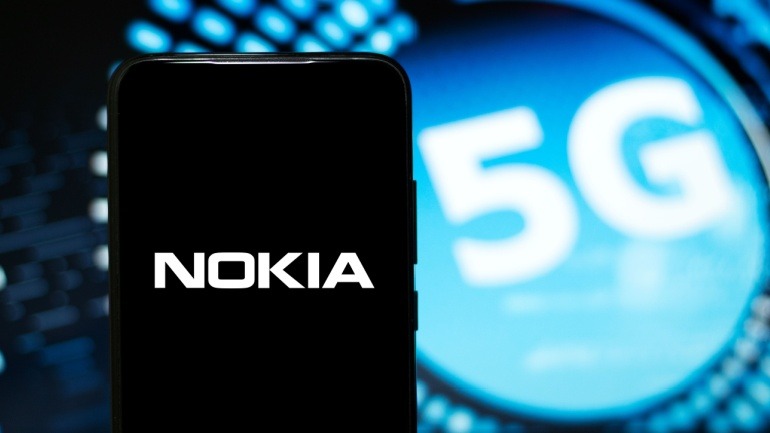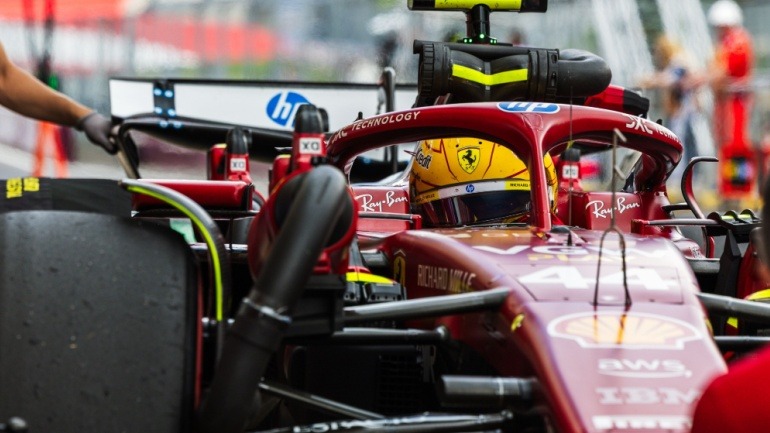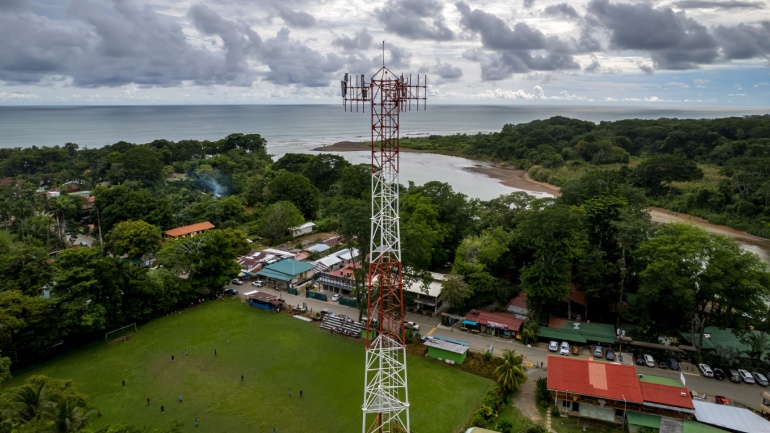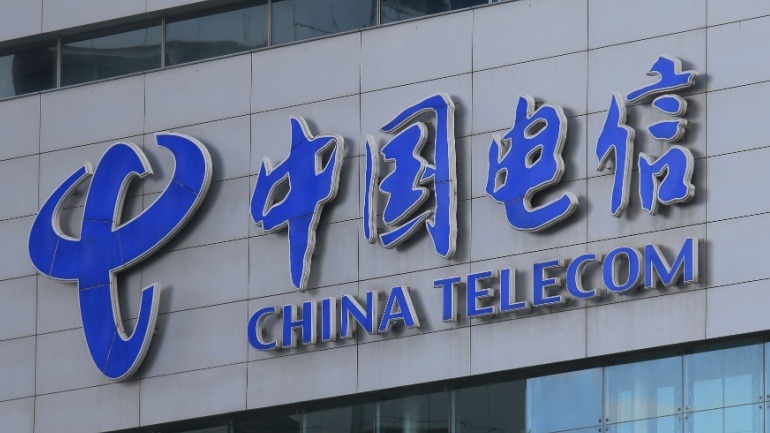Private 5G is gaining attention as a transformative force in industries like manufacturing, logistics, and public safety where Wi-Fi and public 5G fall short. By supporting high-demand applications and enabling industrial transformation, private 5G offers a competitive edge. Its potential hinges on ecosystems like edge computing and AI integration, paving the way for substantial growth in the telecom market. Despite complexity, its unique benefits and expansive opportunities make it a critical innovation in today’s digital landscape.
VoIP technology is pivotal for telecommunications operators in urban areas, where managing data connectivity demands is crucial. The rise of 5G and Fixed Wireless Access (FWA) introduces faster, low-latency solutions but faces interference challenges. Advanced sectorization and beam switching technologies effectively enhance VoIP service quality, ensuring reliable connectivity for urban users.
Nokia is navigating significant challenges in the private 5G sphere, eyeing the sale of its enterprise campus edge division by 2026. This move indicates a strategic pivot towards larger telco partnerships, raising concerns over service continuity for its private 5G clientele amidst criticism of mixed messaging.
T-Mobile US demonstrated its robust 5G capabilities during the Formula 1 weekend in Las Vegas, spotlighting innovative 5G broadcast advancements as part of its ongoing partnership with F1. The carrier’s utilization of AI for enhanced network performance underlines its commitment to superior customer experiences and seamless service transitions, driving growth through strategic rural expansion.
As the telecom industry gears up for 2025, security investments take center stage, driven by rising cybersecurity threats like DDoS and malware. This trend is crucial for VoIP providers focused on protecting data privacy and ensuring robust communication systems. Despite significant investment pressures, prioritizing security alongside 5G advancements remains a top strategy.
Cellhub has introduced the VOSIO™ x62 5G Dongle, promising a new era in mobile connectivity with enhanced security. Ideal for industries like healthcare and finance, this device offers peak speeds of 2.5Gbps without relying on Wi-Fi. Channel partners can capitalize by adding this innovative solution to their portfolios.
China Mobile International is driving cross-border private 5G adoption, aiding Chinese enterprises in building global networks and assisting international manufacturers entering China. With about 64,000 private 5G networks, China’s cohesive regulatory ecosystem fosters rapid growth. CMI provides turnkey solutions through local collaboration, supporting seamless industrial expansion worldwide.
Explore how 5G Fixed Wireless Access (FWA) transforms home broadband with innovative self-installable outdoor Customer Premises Equipment (CPE) from Solace Power. Overcome indoor signal challenges with wireless, window-mounted CPE that boosts spectral efficiency. This evolution promises enhanced connectivity and reliability, propelling the FWA technology into new growth possibilities.
Costa Rica is ambitiously moving towards nationwide 5G network establishment. ICE, the telecom leader, has completed its tender and is reviewing proposals. This billion-dollar project seeks to elevate Costa Rica’s digital connectivity. ICE’s tender received global bids from giants like Nokia and Huawei, reflecting international confidence in its vision.
China Telecom’s recent financial performance highlights the importance of modern VoIP solutions in today’s competitive market environment. The company’s 5% net profit increase, driven by 5G adoption, reflects the growing demand for advanced digital transformation. As 5G subscribers reach 292.4 million, the extensive penetration underscores an increasing need for enhanced VoIP services.













